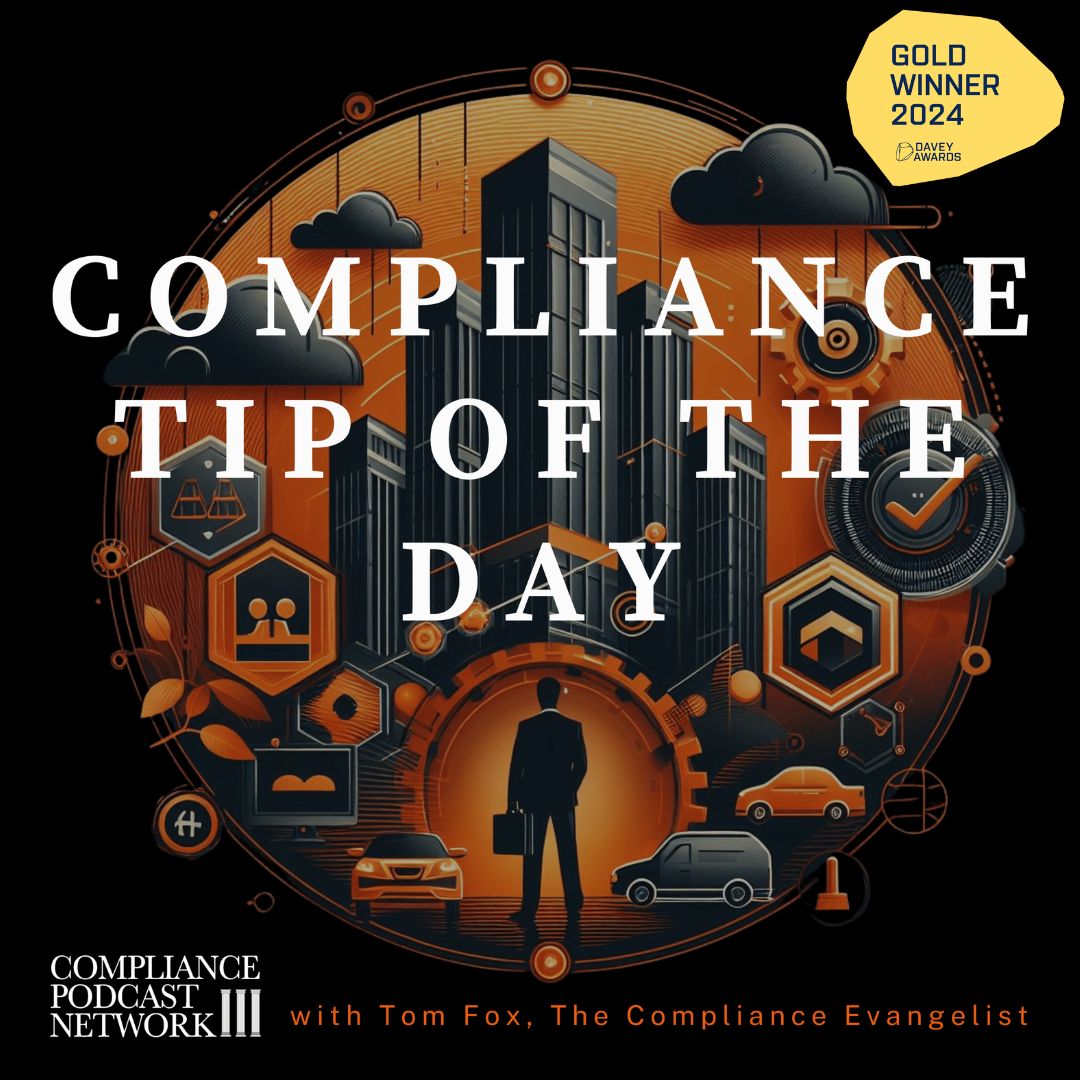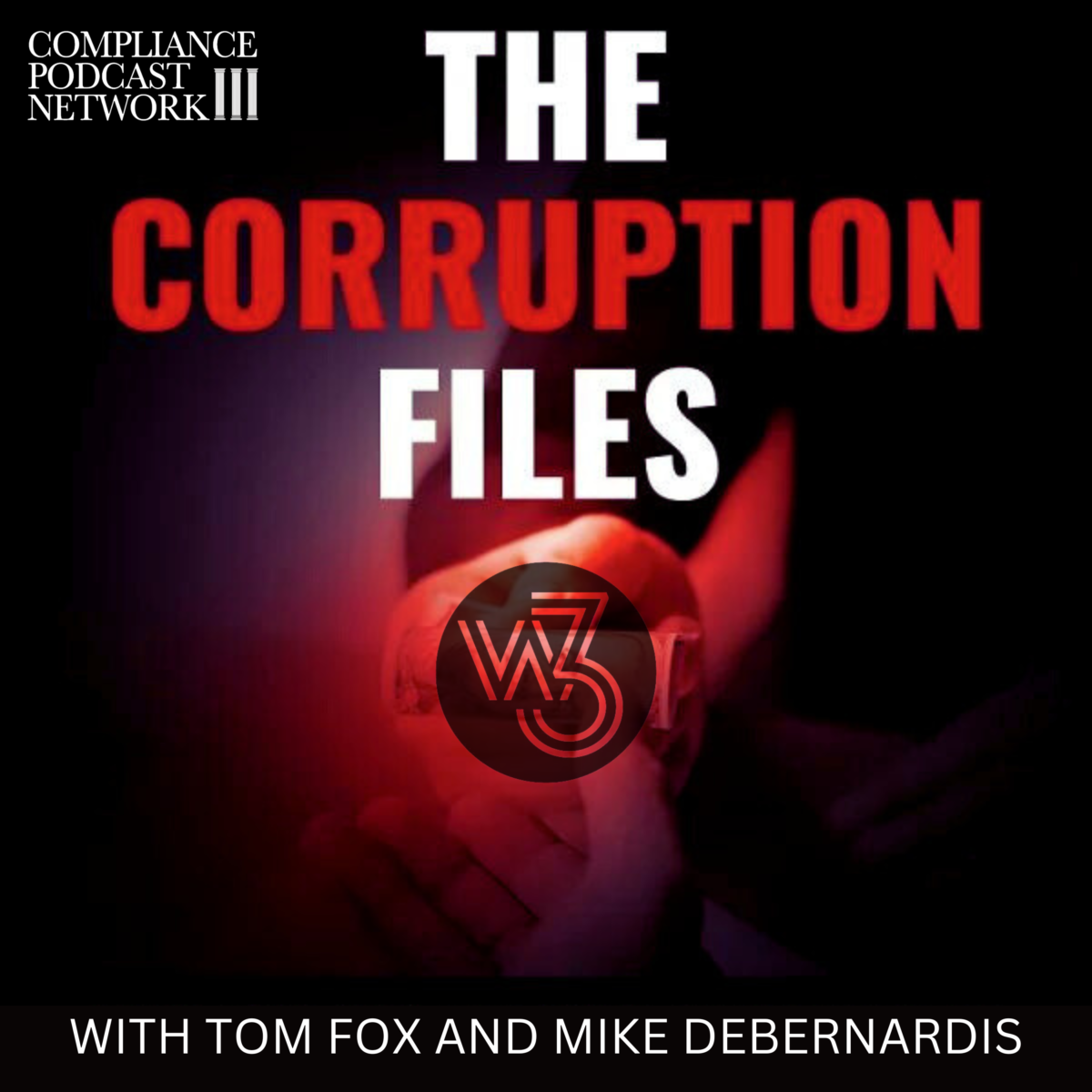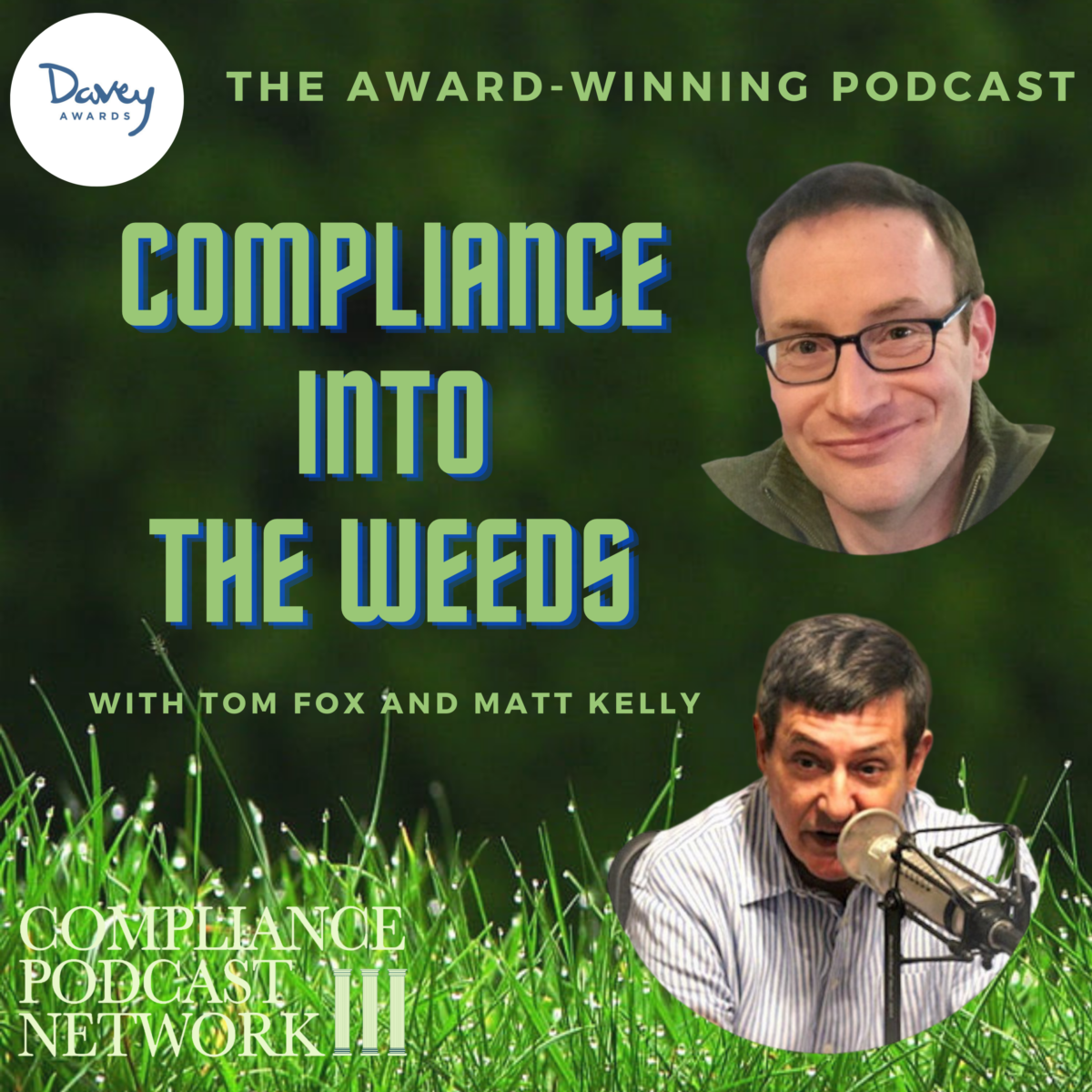Halloween is almost upon us, and we celebrate the greatest Halloween cartoon in the world’s history, “It’s the Great Pumpkin, Charlie Brown,” which premiered in 1966. As usual, the story revolves around the Peanuts gang, who are preparing for Halloween; Linus writes his annual letter to the Great Pumpkin, despite Charlie Brown’s disbelief, Snoopy’s laughter, Patty’s assurance that the Great Pumpkin is a fake, and even his sister Lucy’s violent threat to make her brother stop.
On Halloween night, the gang goes trick-or-treating. On the way, they stop at the pumpkin patch to ridicule Linus, missing the festivities as he has done every year. Undeterred, Linus is convinced that the Great Pumpkin will come, and he even persuades Charlie Brown’s little sister, Sally, to remain with him and wait. At 4:00 AM the following day, Lucy notices Linus is not in his bed. She finds her brother asleep in the pumpkin patch, shivering. She brings him home and puts him to bed. Later, Charlie Brown and Linus are at a rock wall, commiserating about the previous night’s disappointments. Although Charlie Brown attempts to console his friend, admitting he has also done stupid things, Linus angrily vows that the Great Pumpkin will come to the Pumpkin Patch next year.
In corporate compliance, much like in the world of It’s the Great Pumpkin, Charlie Brown, expectations must meet reality. In the compliance world, Linus’s actions might be likened to a company that sets up its processes without validating or monitoring them continuously. Year after year, Linus is let down because he needs to adjust his process or monitor his outcomes in real time. This is where the critical lesson in process validation through continuous monitoring becomes clear: Hope without validation is not a strategy. Let’s dive deeper into the compliance lessons from this Halloween favorite.
The Importance of Process Validation
Linus believes that his sincere faith in the Great Pumpkin will yield results. However, more than faith is needed to cut it in compliance. In the same way, companies may implement policies and procedures they believe will lead to effective compliance, but they need to validate these processes to be sure. Process validation is essential for ensuring that your compliance program operates as intended. From anti-bribery controls to third-party risk management, validating that processes work under real-world conditions ensures you aren’t waiting in a metaphorical pumpkin patch, hoping for good results.
As a compliance professional, you must validate that a process works after designing it, whether it is a transaction monitoring system or a third-party due diligence program. You must validate through testing, audits, and benchmarks to see if it’s achieving your desired outcomes.
The Role of Continuous Monitoring
Linus returns to the same pumpkin patch every year, never adjusting his approach and hoping that next time will be different. This is akin to organizations that implement processes without continuous monitoring—hoping things will change but never keeping a close eye on what’s happening in real-time. In the compliance space, continuous monitoring means maintaining oversight of key processes and using data-driven metrics to spot potential problems before they grow into major risks. Whether monitoring third-party interactions, employee transactions, or internal controls, compliance officers must ensure that data is continuously fed into the system. When a process is off-course, continuous monitoring allows you to catch it early and correct it before it becomes a regulatory issue.
Every compliance professional should understand that continuous monitoring is essential for refining compliance processes. Regularly assess your systems, keep track of anomalies, and make necessary adjustments. It’s about being proactive, not reactive.
Adjusting to Changing Realities
One of the more poignant lessons from It’s the Great Pumpkin, Charlie Brown, is that Linus doesn’t adjust his expectations despite repeated failures. He continues to sit in the pumpkin patch year after year. In compliance, ignoring evidence and sticking to outdated processes can lead to serious issues. Regulations change, risks evolve, and market conditions shift. A process that was valid last year may no longer be effective under new regulations or circumstances. The only way to ensure your compliance program stays relevant is through ongoing adjustments based on continuous feedback.
As the corporate compliance expert, you must ensure that your compliance processes evolve with changing regulatory landscapes. Use the data from continuous monitoring to validate that your program remains robust in real-time conditions.
Clear Communication and Buy-In
Throughout It’s the Great Pumpkin, Charlie Brown, Linus is adamant about the arrival of the Great Pumpkin, but he fails to bring others along with him. His friends and even his sister don’t believe in his mission, leaving him alone in the pumpkin patch.
This illustrates the importance of communication and getting buy-in from your stakeholders in the compliance world. If compliance officers or departments communicate the value of continuous monitoring and validation, the rest of the organization will be engaged and supportive. Building an ethical culture requires alignment across all levels, from senior management to line employees. With it, your compliance efforts may be more cohesive than Linus’s pumpkin patch vigil.
Effective compliance depends on clear communication and organizational buy-in for the compliance professional. Ensure everyone understands the importance of continuous monitoring and how it safeguards the organization.
Linus’s faith in the Great Pumpkin may not pay off in It’s the Great Pumpkin, Charlie Brown, but for compliance professionals, validation and continuous monitoring can deliver real results. Compliance is about something other than waiting in the pumpkin patch, hoping things work out. It’s about ensuring your processes are tested, validated, and continuously monitored to catch risks early and compliance remains proactive rather than reactive.
Moreover, by watching the TV show, reading this blog, and, most importantly, applying these lessons, compliance officers can avoid the fate of Linus, ensuring their processes are strong, dynamic, and capable of delivering the results they need to meet today’s regulatory demands. I hope you can watch It’s the Great Pumpkin, Charlie Brown again this year. I did. When you watch, think about the compliance implications. Will anyone ever set a ‘second set of eyes’ on the Great Pumpkin? If not, will it ever be validated? I hope you will be safe and dry if you are trick-or-treating tonight.
Doug Cornelius Responds:
Are you trying to say that the Great Pumpkin is not real?
Just wait ’til next year, Tom Fox. You’ll see!
Next year, at this same time, I’ll find a pumpkin patch that is really sincere! And I’ll sit in that pumpkin patch until the Great Pumpkin appears. He’ll rise out of that pumpkin patch and fly through the air with his bag of toys.
The Great Pumpkin will appear! And I’ll be waiting for him!
I’ll be there! I’ll sit in that pumpkin patch… and see the Great Pumpkin. Just wait and see, Tom Fox. I’ll see that Great Pumpkin.
I’ll SEE the Great Pumpkin!
You wait, Tom Fox.
Doug Cornelius Responds:
Are you trying to say that the Great Pumpkin is not real?
Just wait ’til next year, Tom Fox. You’ll see!
Next year, at this same time, I’ll find a real sincere pumpkin patch! And I’ll sit in that pumpkin patch until the Great Pumpkin appears. He’ll rise out of that pumpkin patch and fly through the air with his bag of toys.
The Great Pumpkin will appear! And I’ll be waiting for him!
I’ll be there! I’ll sit in that pumpkin patch… and see the Great Pumpkin. Just wait and see, Tom Fox. I’ll see that Great Pumpkin.
I’ll see the Great Pumpkin!
Just wait, Tom Fox.

















